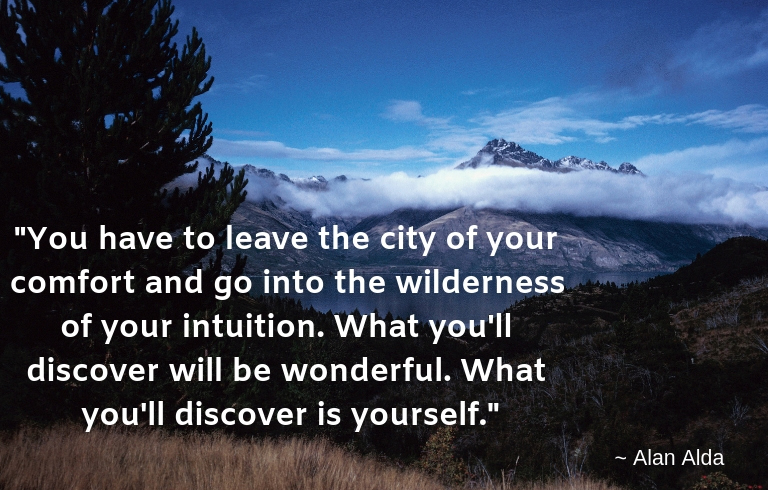
Who do you trust?
In Erik Erikson’s eight stages of human development, the first foundational one is about “basic trust.” He focused on trust and mistrust of the outer world (especially the people in it), and to be sure this is important. Yet often what looks like “the world is untrustworthy” is at bottom “I don’t trust myself to deal with it.”
~ Rick Hanson, PhD; Senior Fellow at The Greater Good Science, U.C. Berkley
If you were ever ridiculed or made fun of (who hasn’t been?), you probably became less willing to express yourself as freely. In the extreme, we become withdrawn, afraid to say anything. We fail to form close relationships, because we are afraid of rejection. We find it difficult to express our opinion and to tell others what we believe. At some point we may realize that if we can’t trust ourselves, who can we trust? These are the fears that keep us stuck in old patterns that comfort us primarily because they are familiar.
With mindfulness work, we need to trust ourselves, at least in a basic sense. We are asked to honor our instincts and trust our intuition. If something doesn’t feel right to us, we must over-ride any pressure to be okay with what is happening. If something feels right to us, we must follow our instincts rather than listen to the naysayers and the critics.
Through mindfulness work, you learn more and more about yourself. With that knowledge, you can trust yourself to know where to venture next. You will gain a soul-level understanding of your weaknesses and strengths, your balances and imbalances, what you fear, and when you are fearless.
It’s your whole self that you need to trust. And this is a long-term, not a short-term, proposition. You are not perfect. No one is perfect. You will do or say things for which you feel shame, embarrassment, guilt, etc. See those occasions as opportunities to learn and endeavor to have a sense of humor about them.
Clearly, you don’t want to do or say everything that comes to mind. Acknowledge that and give yourself permission to decide what to share and what to keep to yourself. You will know!
Bob Dylan wrote a song titled, “Trust Yourself”, which you can listen to on Youtube – https://youtu.be/bu_JU42ft1A. Here are the lyrics for the first verse:
Trust yourself.
Trust yourself to do the things that only you know best.
Trust yourself.
Trust yourself to do what’s right and not be second-guessed.
Don’t trust me to show you beauty,
When beauty may only turn to rust.
If you need somebody you can trust, trust yourself.
Want to know how much you trust yourself? In case you do, I found this “test” that may help you measure that: Quiz: How Much Do You Trust Yourself?

I’d love to hear your feedback on this subject! Please comment below . . .
Want to stay connected? Subscribe to the Authentic Living e-Newsletter.




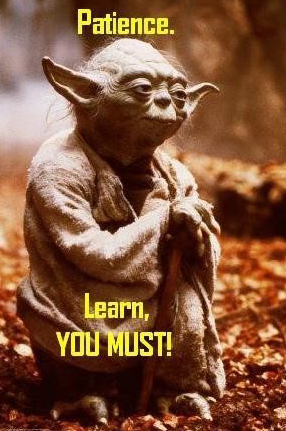
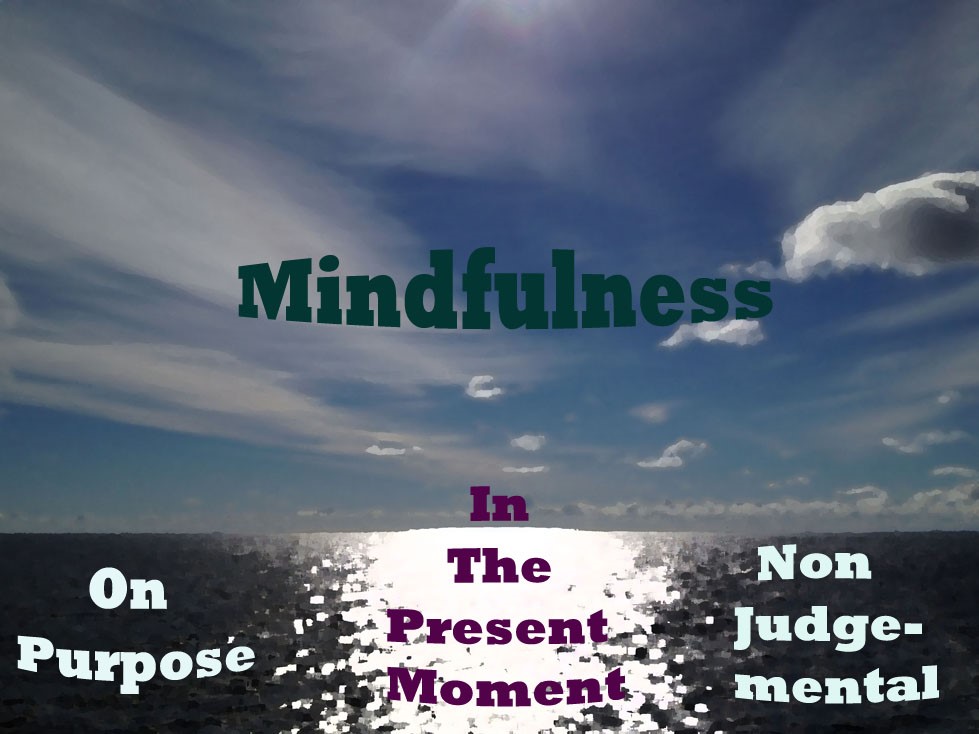



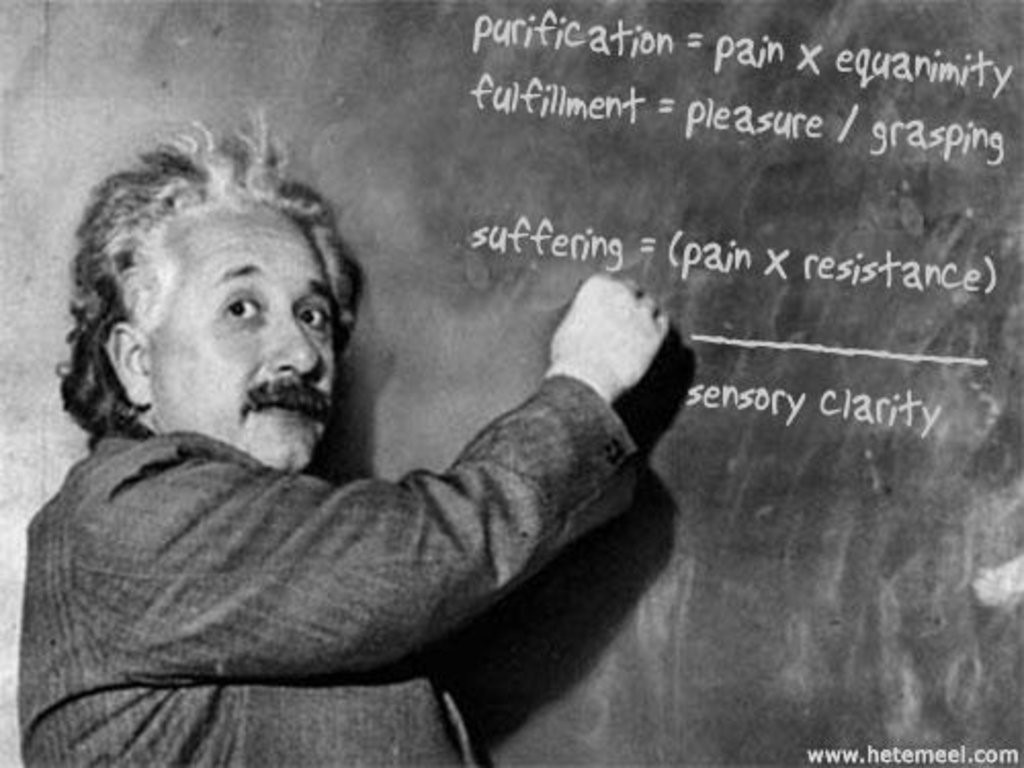


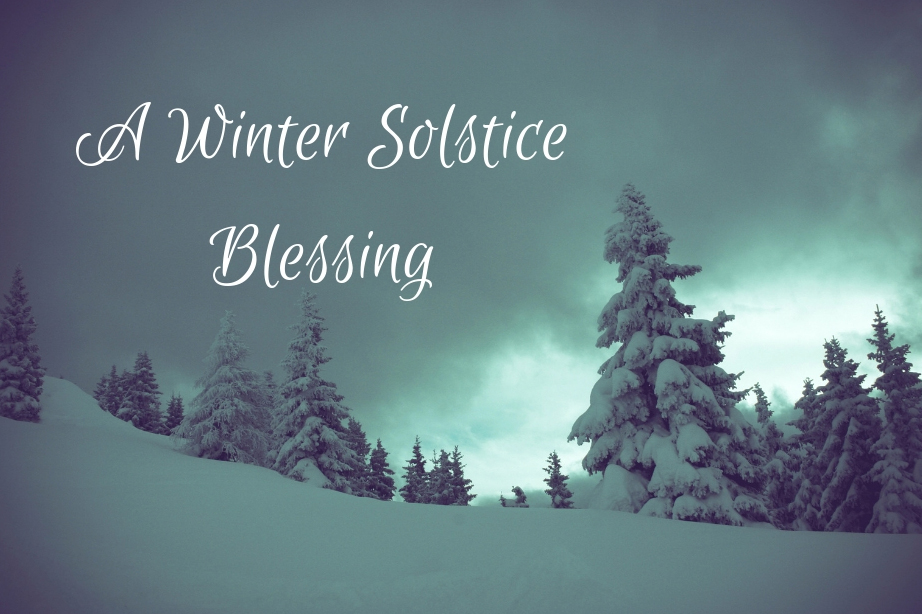


 Consider the story of Viktor Frankl who lost his entire family during the Holocaust. He knew that he had been spared simply because the Nazis needed his experience and knowledge in the concentration camp as a doctor. One would expect Dr. Frankl to be bitter and angry, especially when a manuscript he had been writing was found by the guards, leading to harsh punishment. They stripped him naked, burned his only copy of the manuscript, and then demanded he give them the only thing left on his body — a thin gold wedding band — the only vestige left of his connection to the life he had known before. Despite all that had happened to him, Frankl decided he still had the freedom to decide how he would respond. It was the one thing the Nazis could not take away from him — his freedom to choose. He said to himself that no matter what they did to him, they couldn’t make him live in hatred. He refused to live in hatred.
Consider the story of Viktor Frankl who lost his entire family during the Holocaust. He knew that he had been spared simply because the Nazis needed his experience and knowledge in the concentration camp as a doctor. One would expect Dr. Frankl to be bitter and angry, especially when a manuscript he had been writing was found by the guards, leading to harsh punishment. They stripped him naked, burned his only copy of the manuscript, and then demanded he give them the only thing left on his body — a thin gold wedding band — the only vestige left of his connection to the life he had known before. Despite all that had happened to him, Frankl decided he still had the freedom to decide how he would respond. It was the one thing the Nazis could not take away from him — his freedom to choose. He said to himself that no matter what they did to him, they couldn’t make him live in hatred. He refused to live in hatred. 

